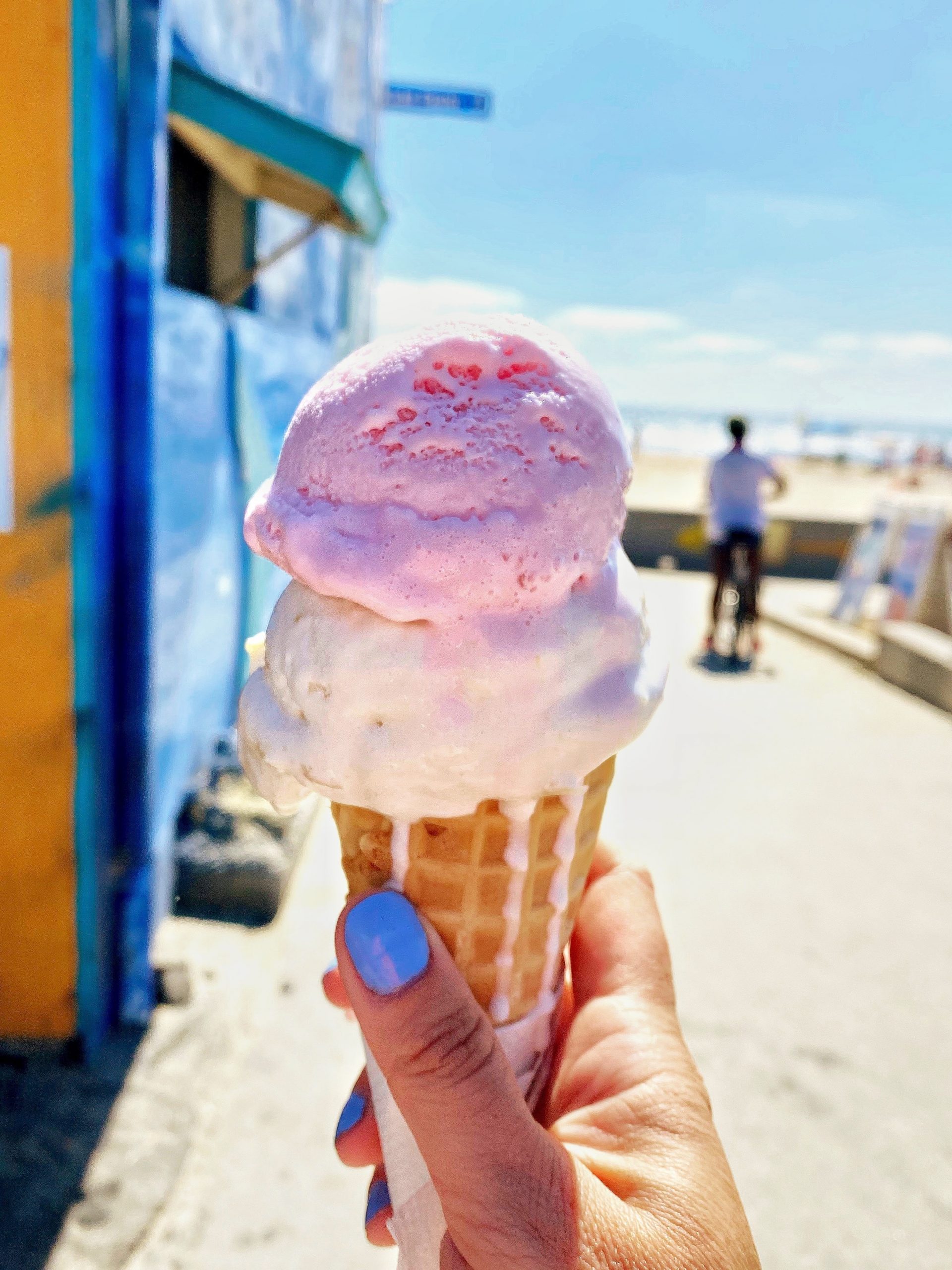
Deputy Editor Lydia Waller argues that Britain’s penchant for culinary tourism is a necessary nation-wide lesson in the cultures of others
Now as the nights begin to draw in closer, I find myself dwelling on what root veg to roast, what day to macaroni cheese and which weekend to start treating myself to a piping hot pie, with stewing plum-coloured fruit and custard. Autumn is here and the sweet, fresh evenings of couscous and salads have sailed. Summer’s palate is put to bed for another year.
Holidays appear to be the culinary carnivalesque for the British holidaymaker
A recent survey carried out by Travelzoo and documented by The Independent has shown that over 50% of British holidaymakers travel abroad, solely for the food. We seem to just love our grub. A nation whose cuisine is hard to describe beyond the humble roast, fish and chips and a good old pie and mash from WW2- we have always liked to associate our food-scene with other cultures. The colonial curry, the Chinese take-away, chains upon chains of Italian restaurants, Wagamamas coming out of our ears; we are very much a nation who has a lot of food, but not a lot of it is our own. It is no wonder then that the British holidaymaker loves to get their fix of foreign foods in seasonal bouts. We are very much a nation who has a lot of food, but not a lot of it is our own
But how important is food to the holiday experience? Travelzoo’s survey stated that ¼ of British holidaymakers admit to eating more, specifically when on holiday and ⅕ of them admitted to dieting before the holiday, in order to make room for this scheduled indulgence. It does seem bizarre when we reassess our seasonal eating habits, that we literally book off a month or so for what we would call indulgent holiday eating. However, when we consider the cultural education that we can obtain from food, that second cannoli seems very justifiable.
To embrace the plat de jour, to allow the chef to bring you their compliments, to allow the waiters to entertain you with what they see as their regions’ delicacies, for me, is one of the most important and valuable things you can do when travelling. To do this shows gratitude to the country you visit, shows your willingness to be culturally educated. Even if you try it and end up hating it, you have learnt the acquired, learned palette that different regions of the world have, according to their agricultural resources. You might be stunned by how salty Greeks like their cheese because of their affiliations with the sea, but you have now acknowledged that we evolve our palettes according to where we live. I feel the best way to honour a country is to be fed by it. I feel the best way to honour a country is to be fed by it
Sometimes this can be difficult for those with dietary requirements and allergies however. But this does not mean the cultural value of food and experience of a place cannot be attained by those suffering with intolerances. There are apps and websites out there that scan your surroundings in relation to your allergies/intolerances, and will note you of friendly restaurants and cafes- biteappy being one popular resource. Similarly the simplicity of telling your waiter of your difficulties (maybe learning a sketchy google translate before you go to the restaurant might help you if there is a language barrier), can be enough in order to have dishes tailored to what is suitable for you. Just a willingness to try things to the best of your ability will honour the hospitality of the place you visit.
Local ingredients and home-cooking when travelling are also not be knocked when embracing the food culture on holiday, particularly if you do struggle to find places that accommodate your dietary requirements. Browse the local markets and groceries, ask the owners what is the most local and popular thing they source. What is the best swedish mushroom you can get? The best truffle you can treat your pasta to? Throw these into a homemade dish that suits you best and you’ve saved some beer money and supported local agriculture as well as honouring the regional food culture. Even the smallest endorsement in food abroad is a lesson learned.
There is a reason why we love to eat when we travel; because it is a cultural activity in itself. The teeny island that we are, is not satisfied on Kentish strawberries and jersey spuds alone. We have a craving to see and taste more, and the scheduled school holiday is the perfect time for this. Give us 6 weeks to lap up some gelato and frites on the beach, and we are there! Should we be ashamed of this indulgence? No! We should be learning the lives of others through diets, indulging in culture and honouring hospitality, all through the love language that is food.

Comments